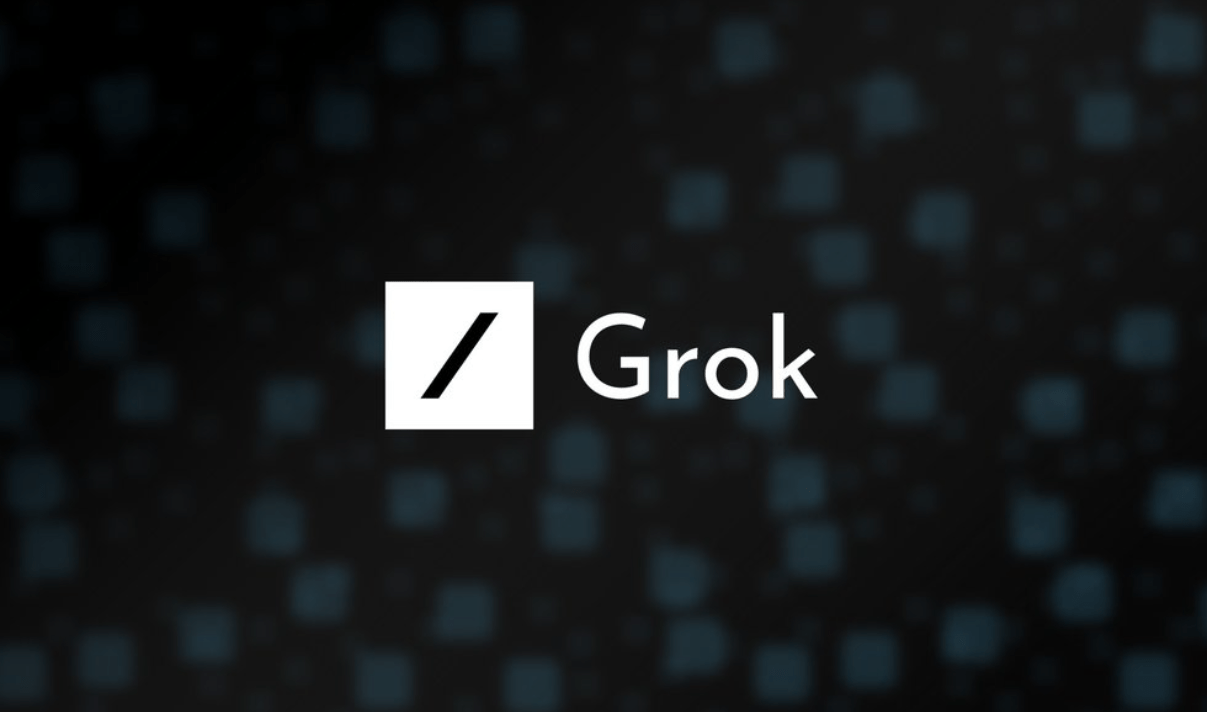xAI reportedly plans to launch ChatGPT competitor in December

Key Points
- Elon Musk's AI startup xAI plans to release a standalone chatbot app in December to compete with established providers like ChatGPT. Currently, xAI's chatbot Grok is only available to subscribers of Musk's social media platform X.
- To keep up with the competition, xAI has invested heavily in infrastructure, including a data center with 100,000 Nvidia GPUs. The startup is valued at $50 billion, but lags far behind its competitors in terms of revenue.
- xAI's Grok-2 language model is technically on par with GPT-4 and Claude 3, but unlike ChatGPT's search, it obtains new information only from X posts, not from the Internet.
Elon Musk's artificial intelligence company xAI aims to release a standalone chatbot app next month, putting it in direct competition with established AI companies for the first time, according to a Wall Street Journal report.
Currently, xAI's chatbot Grok is only accessible to subscribers of Musk's social media platform X. The planned app would make the service more widely available.
xAI will face strong competition in the AI chatbot market, where companies like OpenAI, Google, Meta, Microsoft, and Anthropic have already established their products and built large user bases.
Building computing power
To compete effectively, xAI has invested heavily in computing infrastructure. The company built a massive data center called "Colossus" in Memphis, installing 100,000 Nvidia GPUs in just 122 days—making it one of the world's largest AI chip clusters.
The Wall Street Journal reports xAI has raised $11 billion total after its latest funding round, with a $50 billion valuation. This makes it the second most valuable private AI company after OpenAI. The company secured $6 billion in funding this May.
According to the report, xAI plans to double its Nvidia chip count at the Colossus facility and seek additional funding next year.
However, xAI's revenue lags significantly behind competitors. While OpenAI expects about $4 billion in revenue this year, xAI targets just $100 million—mostly from business within Musk's companies.
Grok is playing catch-up
xAI's technical performance with Grok has not yet matched its competitors. After its initial November 2023 release, xAI launched Grok's second version in August. The model recently added image recognition capabilities—a feature ChatGPT and Claude implemented much earlier.
Musk positions Grok as less restricted than other AI models, claiming it avoids what he calls OpenAI's "political correctness" limitations. However, a recent study found Grok's responses align similarly with ChatGPT on political issues.
The Grok-2 language model performs similarly to comparable commercial models such as GPT-4 and Claude 3. But unlike ChatGPT's search function, Grok gets new information only from X's posts, not from the wider Internet, and it sometimes turns user posts into absurd fake news. Given criticism of X for promoting fake news and hate speech, this limitation may limit Grok's appeal outside the platform's user base.
AI News Without the Hype – Curated by Humans
As a THE DECODER subscriber, you get ad-free reading, our weekly AI newsletter, the exclusive "AI Radar" Frontier Report 6× per year, access to comments, and our complete archive.
Subscribe now